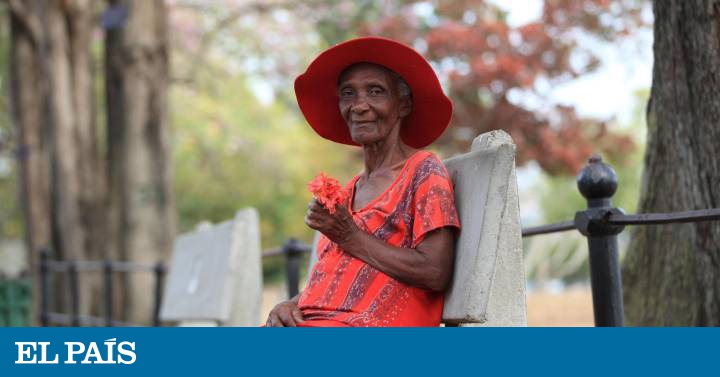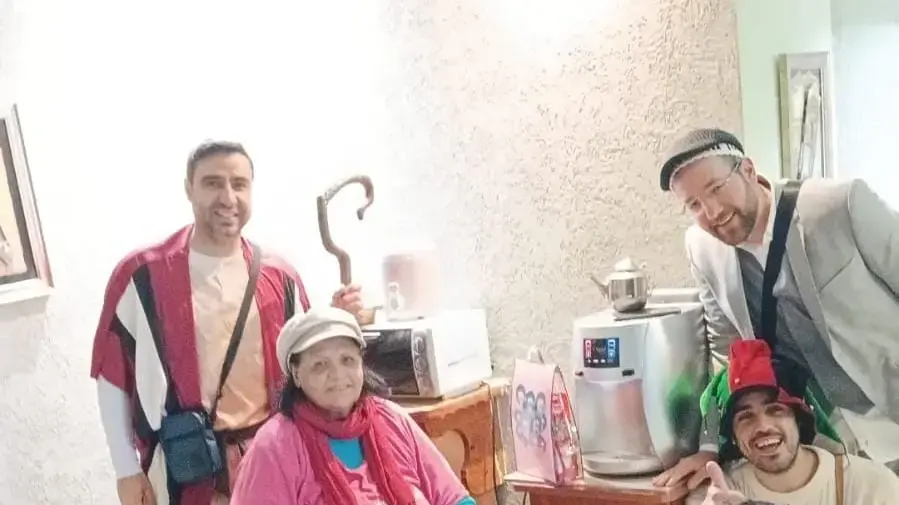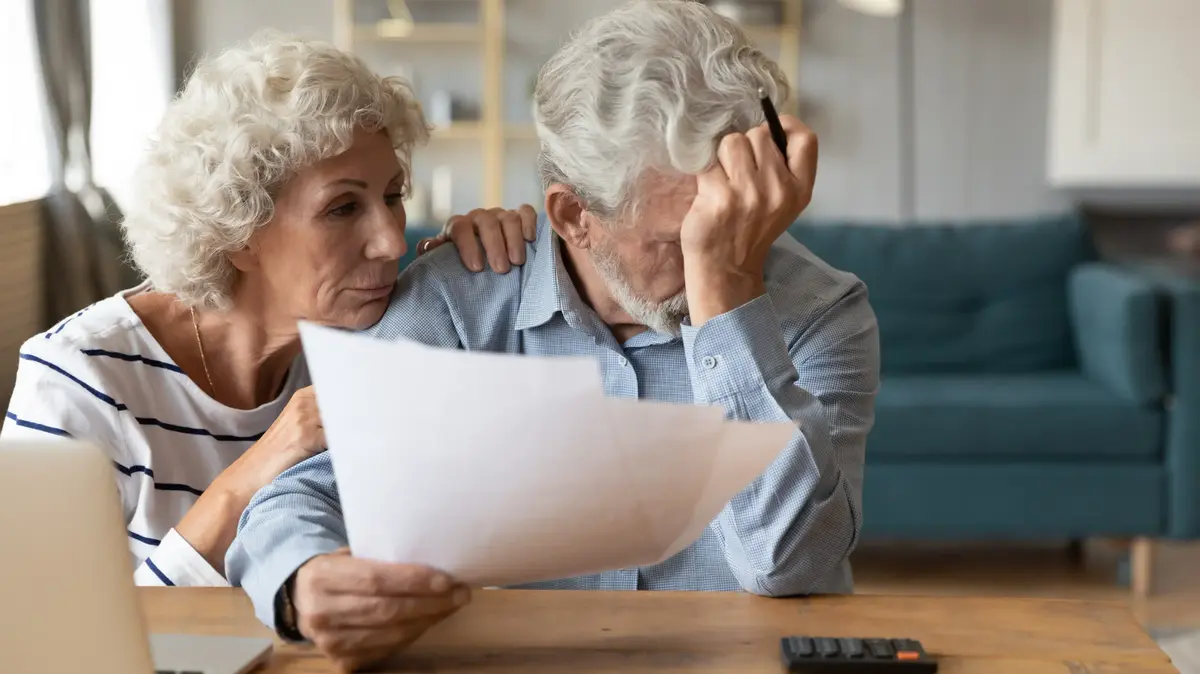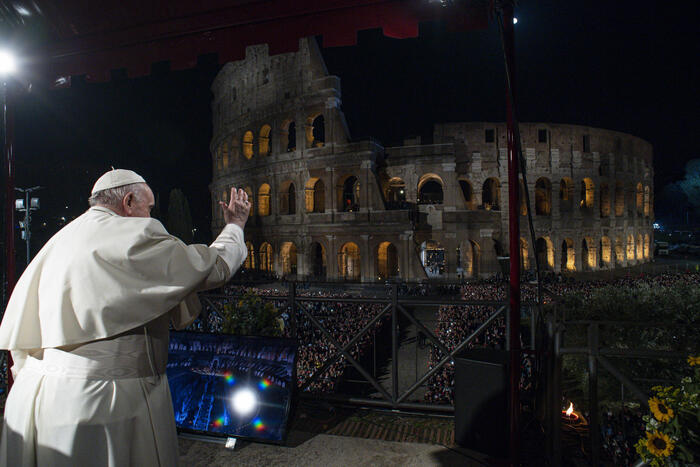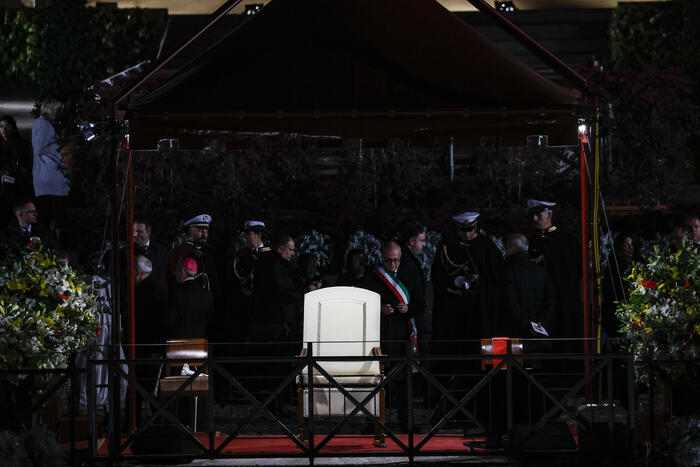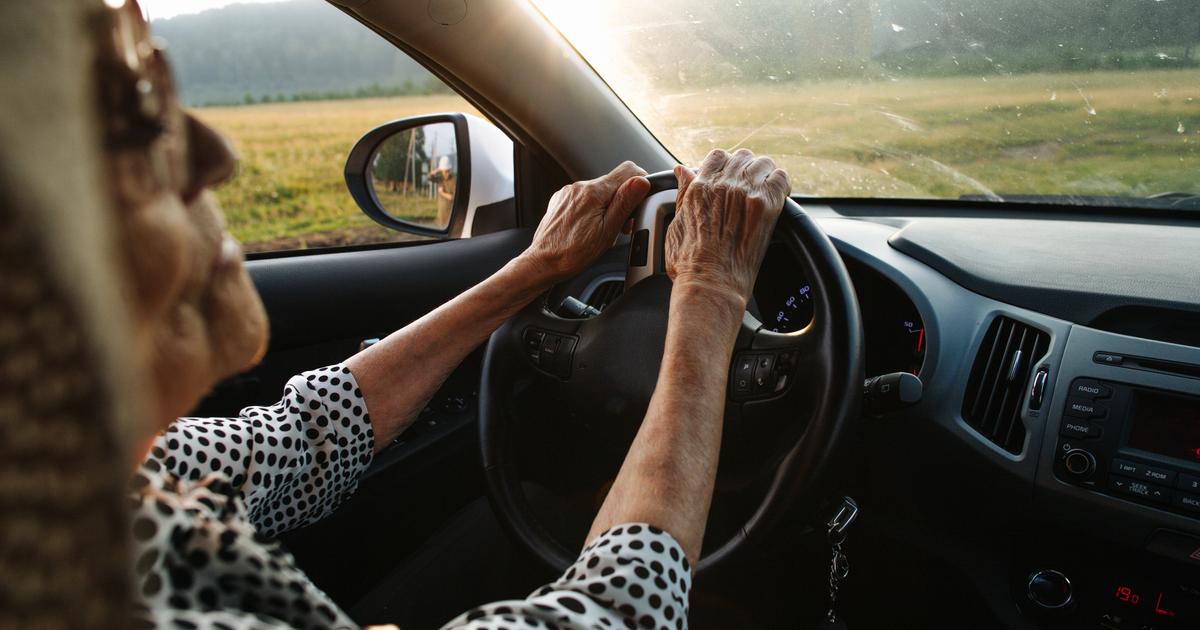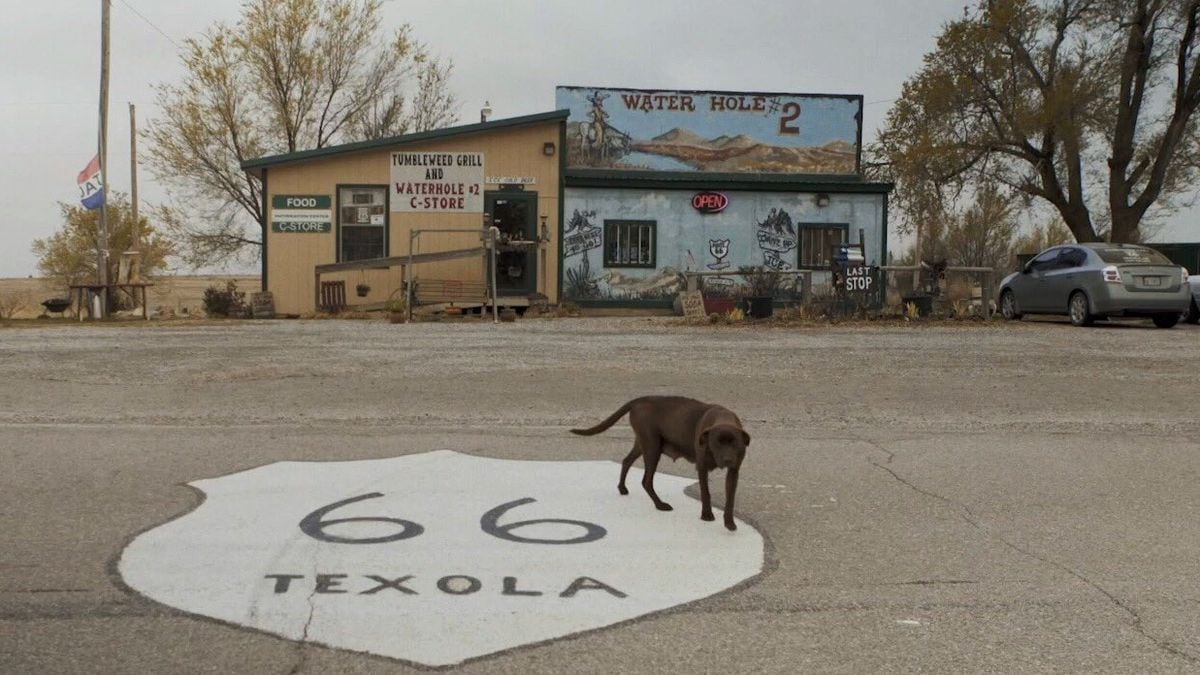I have been living and working in Rome, Italy, since 2016. When I was four years old with the FAO, I was on vacation, which I scheduled and took from March 7 to 23 in my native country: Costa Rica. I was far from thinking that from March 8 Italy would experience a drama and that millions, including my youngest son and his partner, would be locked in their homes with little and increasingly limited mobility due to the Covid-19 pandemic.
MORE INFORMATION
- Last minute of coronaviru in Spain and in the world
- Why the coronavirus is more dangerous for the elderly
- What is the case fatality rate of the coronavirus in older people?
I arrived in Costa Rica with Sarah, my wife, on the 7th. Upon arrival and reporting on migration that we came from Italy, they called a paramedic from the Costa Rican Red Cross. He asked us to fill out a form, took our temperature and heart rate, and notified us that we should start a social distancing for 14 days, and that the country's health system would monitor him. During the first two weeks they called us by phone three or four times from the municipality's health unit to verify our well-being.
As those infected in Italy and Costa Rica rose, sanitary and social control measures also increased. As deaths in both countries increased, more stringent controls were chosen and people were asked not to leave. In Italy there was a social response with the #Iorestoacasa and in Costa Rica with the # quédateencasa. Most international flights were canceled and countries closed borders. Italy had to remove the Army, fine and order isolation. In Costa Rica there is no Army, so the Government had to convince the skeptics with forums and daily conferences, fines for the disobedient and finally sent the police to ensure that the rules of staying at home were followed.
I heard that term of disposable to Pope Francis on many occasions: "We must abandon the culture of discard." And on other occasions, from the Vatican, he explained to us: "You have to be like the good shepherd and no sheep should be left abandoned and lost." At the United Nations we work under that ethical principle and it was integrated into the slogan of "Leave no one behind."
But it is one thing to discuss principles in theory and others, when a pandemic is on the doorstep and threatens you as an individual, as a community, and as a nation. There, the solidity of principles and values is really measured.
Rabbi Elliot Kukkla, from the Jewish community of San Francisco, USA. UU., Published a moving article in the newspaper The New York Times, whose title in Spanish would be something like: My life is more disposable during this pandemic . And in all crudeness he related his case and that of many of his friends: chronically ill, elderly people, some with immunological problems or disabilities. Mr. Elliot protested that he, being in the richest country in the world, found himself in the terrible juncture of utilitarianism: if one of us requires a respirator in an intensive care unit, he would lose his option in front of younger patients or do not suffer from disability. In my condition, I wrote, during this pandemic, I am more disposable than some already made me feel.
A few days ago I followed the debate between the governor of New York and the American conservatives. Cuomo used to say "all life is precious here" while, on the opposite sidewalk, the popular show by iconic conservatives, Glenn Beck, spread proposals not to sacrifice the economy, such as the effect of community immunity ( herding ) was preferable to isolation. Beck summed it up like this: "Even if we all get sick, it is better to die than to kill the country" (free translation, published on March 29, 2020, in Common Dreams).
I read with deep sadness the accounts of Italian doctors of how much it hurt to deny an old man a respirator
I read with deep sadness the accounts of Italian doctors of how much it hurt to deny an old man a respirator when, pressed by the shortage, they had to choose between his life and that of another patient who was younger and more likely to survive. Despite the grief of health professionals, this was a decision based on protocol and ethical principles, not ethnicity, wealth, sexual orientation, religion, or nationality.
For these vicissitudes of life I have seen the arrival of the pandemic in Italy and Costa Rica. In both countries, I witnessed an overwhelming majority of the population defending the right to life of their elders and only a minority more concerned about the possible impact on their economic situation.
I live my quarantine in Costa Rica, nobody here has dared to defend the utilitarian thesis and the country continues to pay attention to how many intensive care units are available. Public health services accompany the elderly and provide food for children who no longer go to school canteens, the whole country mourns every death (to date, three) and each recovered patient is cause for celebration. After more than 40 days in the country, I have not been able to see my mother, nor the majority of my family. I simply accept that not visiting her is a sign of love and respect. Adult older than 87 years, with 12 of suffering Alzheimer's, she and those of her condition are for me and for an immense majority of the Costa Rican and Italian society not ruled out.
Finally, I think that the bulk of the population in these two countries followed the instructions out of altruism. Compliance is and has been the norm. What I have not heard so far neither in Italy nor in Costa Rica is to politicians or relevant business leaders defending the primacy of the economy over the lives of the most vulnerable. For now I can sleep peacefully; For Costa Ricans and Italians, my mother is not disposable. For these peoples all life is precious!
René Castro is FAO Deputy Director General and held the Costa Rican Foreign and Environment and Energy portfolios between 1994-2014 as Minister.
You can follow PLANETA FUTURO on Twitter and Facebook and Instagram, and subscribe here to our newsletter.

